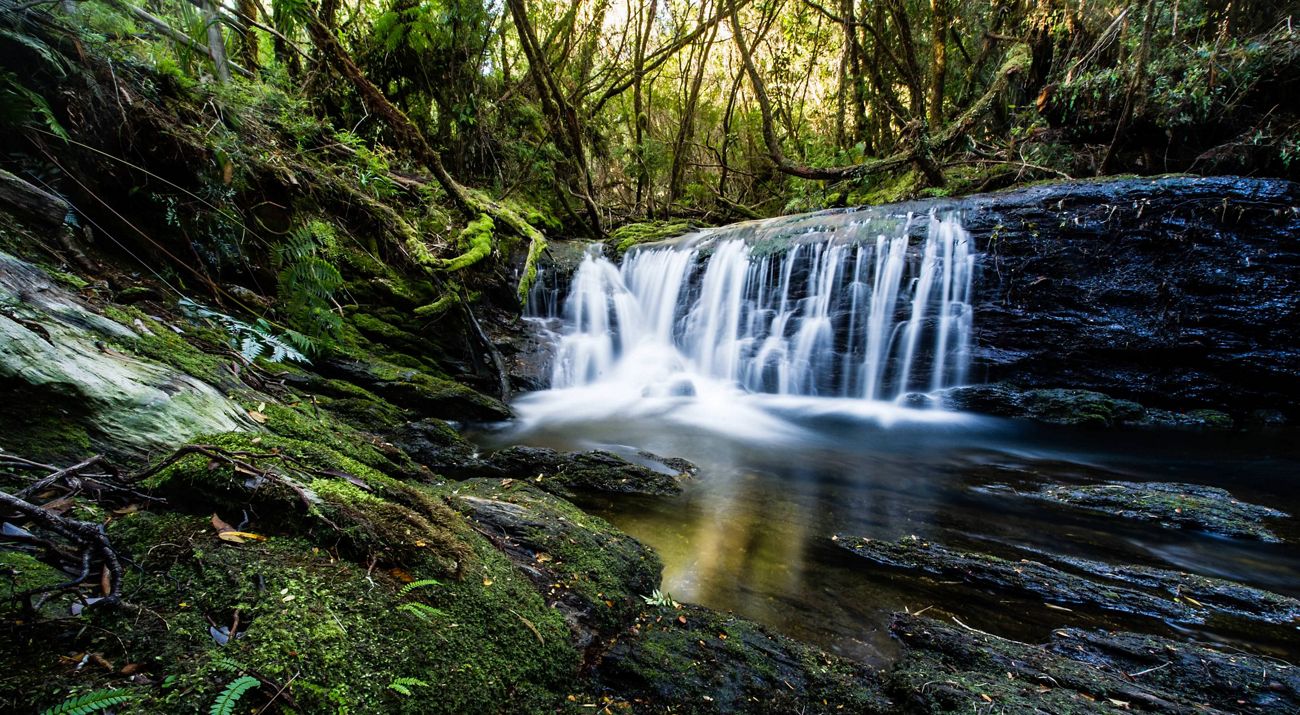Fifty professionals from various public and private institutions working in protected areas and regional authorities participated in a workshop held in Valdivia from 1 to June 5. The workshop was part of the Chile-United States environmental cooperation agreement.
In order to improve institutional capacities for the conservation of biodiversity in Chile, the CONAF Management of Protected Areas and the International Program of Technical Assistance of the US Department of the Interior organized in Valdivia a workshop entitled "Management and Prevention of Conflicts in State-owned Wild Protected Areas “.
The issues addressed at the workshop included capacities for the prevention of conflict and the development of skills aimed at conflict resolution with the participation with all involved players. This type of competencies is what CONAF is expecting to progressively improve among the managers of the wild protected areas in the country.
Alfredo Almonacid, manager of the Valdivian Coastal Reserve, a private protected area managed by The Nature Conservancy, said that "our participation in the workshop is indicative of the opening which, as a society, we are experiencing faced with the fact that the conservation of our natural heritage is not only a task of the State. We must recognize the contribution that private contributors and NGO’s such as TNC are making in this area.”
Fredy Ortega, CONAF regional director, valued the presence of representatives of private protected areas. “The public and private sectors must work together for the protection of our protected areas, managing and preventing conflicts which may arise there,” he said.
The workshop was attended by 50 conservation professionals from different public and private organizations including 35 CONAF managers and technicians of wild protected areas as well as guests from the Ministry of the Environment, the National Tourism Service and The Nature Conservancy and Así Conserva Chile A.G.
The workshop was theoretical-practical and included a visit to the Carlos Anwandter Nature Sanctuary. During the visit participants got to know the experience of the Punucapa community on collaborative agreements related to environmental conflicts. Furthermore, the workshop stressed aspects such as effective communication and negotiation based on mutual interests through exercises that provide conflict participants with adequate tools that permit them to address real problems in protected areas, such as for example, cattle ranching, feral dogs, extraction of natural resources, and high influx of tourists in summer.
Marcela Wulf, head of Public Affairs of Arauco, said that "the visit to the Cruces River wetlands carried out as part of the workshop was an extraordinary opportunity to share the development of a conflict in a protected area. The visit was an opportunity to create a working network between various public, private, academic and civil society players. This confluence of participants helped us to reach positions necessary to implement measures in favor of the wetlands and which were addressed in an innovative and participatory manner in the Social Scientific Council".
Finally, Andres Meza, Manager of CONAF Protected Areas said that "the workshop provided us with a great deal of information and proposals on how to address complex social and environmental interactions in different units of the SNASPE, which, in turn, will permit us to systematize best practices aimed at strengthening the integrated management of protected areas, in full harmony with the aspirations of local communities".
